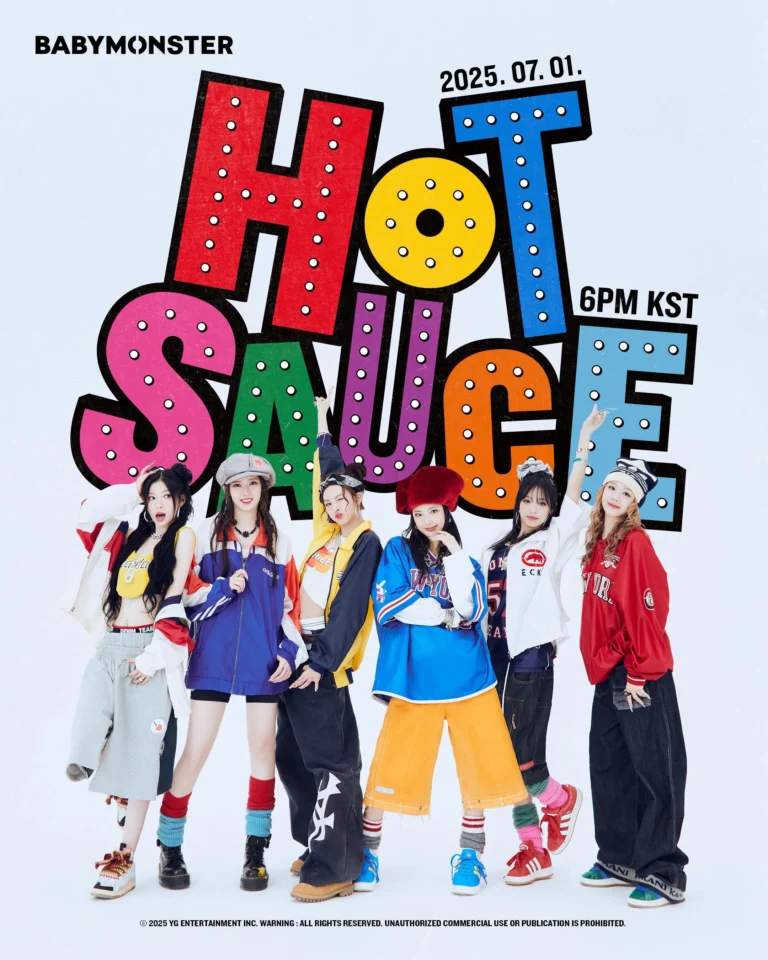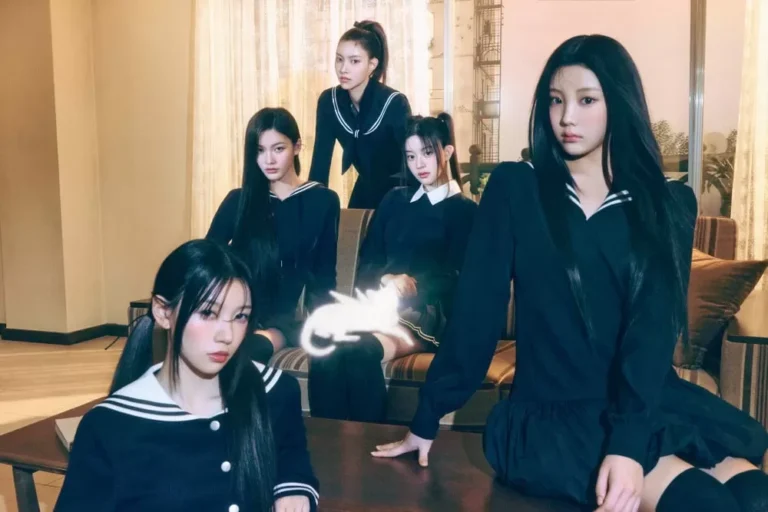Music once held a revered place as a deeply personal and artistic expression. Listeners immersed themselves in lyrics, explored full albums, and followed artists for their evolving creative journeys. Today, however, the landscape has shifted dramatically. With the rise of algorithm-driven content and commercialized production, music consumption has increasingly become passive, and for many, emotionally disconnected.
The Industrialization of Sound
One of the clearest examples of music’s transformation is found in K-pop. Celebrated for its visual spectacle and infectious energy, K-pop has been crafted to entertain and appeal to the masses. The genre thrives on tightly controlled image curation, heavily choreographed performances, and songs engineered to dominate streaming platforms. However, beneath the surface lies a disquieting reality: the industrialized nature of the process often overshadows authentic artistry.
Idols are groomed to fit brand concepts, and songs are assembled by large teams of producers, sometimes with ten or more contributors on a single track. While this machine-like efficiency ensures viral hooks and high production values, it also raises questions about individuality, originality, and emotional sincerity in music.
Creative Regression in an Age of Technology
Ironically, as technology has enhanced the technical quality of music production, creativity appears to be in decline. Sampling, a once innovative technique, has become a crutch for many producers. Instead of pushing the boundaries of sound, modern tracks frequently recycle familiar elements, resulting in music that feels repetitive and uninspired.
This phenomenon is not exclusive to pop music. Across genres, even independent and fusion artists increasingly replicate past styles without offering a clear vision or evolution. The desire to appear edgy or retro often overshadows the imperative to innovate. What emerges is a creative landscape that is aesthetically polished but conceptually hollow.
The Illusion of Collaboration
Another curious trend in modern music is the inflation of songwriting credits. It’s not uncommon to find short songs, sometimes under three minutes, listing a dozen or more contributors. Despite this, the lyrics often lack narrative depth or thematic cohesion. The discrepancy between the number of hands involved and the quality of output raises critical questions: is collaboration being used as a façade for creativity? And does the current model prioritize marketability over meaning?
A Generational Cycle, or a Cultural Shift?
It’s tempting to attribute this sense of dissatisfaction to generational nostalgia. Every era tends to view the past with a certain reverence. Yet, the shift in today’s music industry may not simply be a matter of changing taste, it may reflect deeper cultural transformations. The commodification of music, driven by social media trends, streaming metrics, and viral challenges, has altered the very function of music in everyday life. From emotional companion to background filler, music now competes more with attention spans than with other art forms.
Conclusion: Searching for Resonance
The landscape of music continues to evolve, but not all changes have led to growth. While some artists still strive for authenticity and innovation, much of the industry seems locked in a loop of aesthetic perfection and emotional emptiness. As music becomes more consumable, it risks losing what once made it profound, its ability to resonate deeply.
Yet, amid the noise, the search for something more remains. There is always the possibility that new voices will emerge, ones willing to challenge the formula, break away from algorithmic predictability, and restore a sense of wonder to the listening experience.




